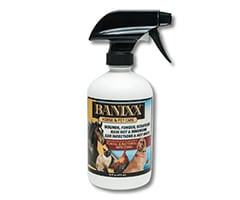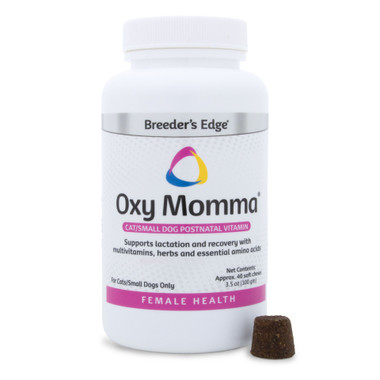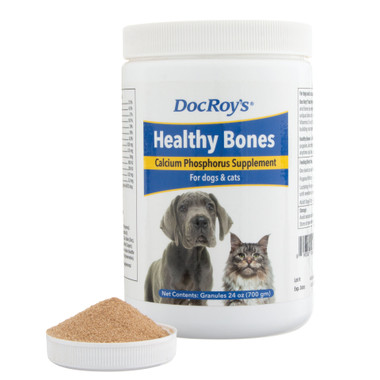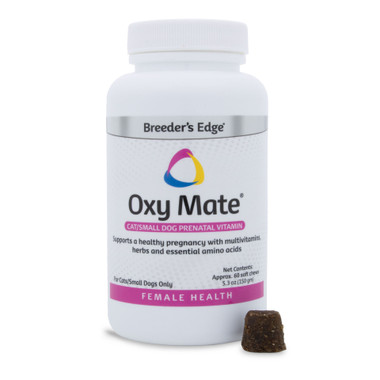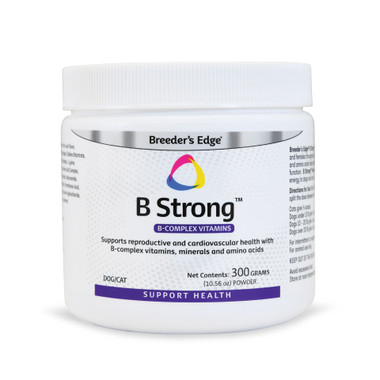Do horse coat colors affect their behavior?
Estimated 0 min read
Horse Coat Color vs Behavior
Do you ever wonder if your horse’s coat color is tied to his unique behavior?
Coat color, one of the most noticeable features of a horse, has intrigued horse lovers for centuries.Over time, many myths, stereotypes and cultural beliefs have sprung up about the coat color affecting a horse’s behavior.
Solet’s talk about it: Are those ideas validated by science?
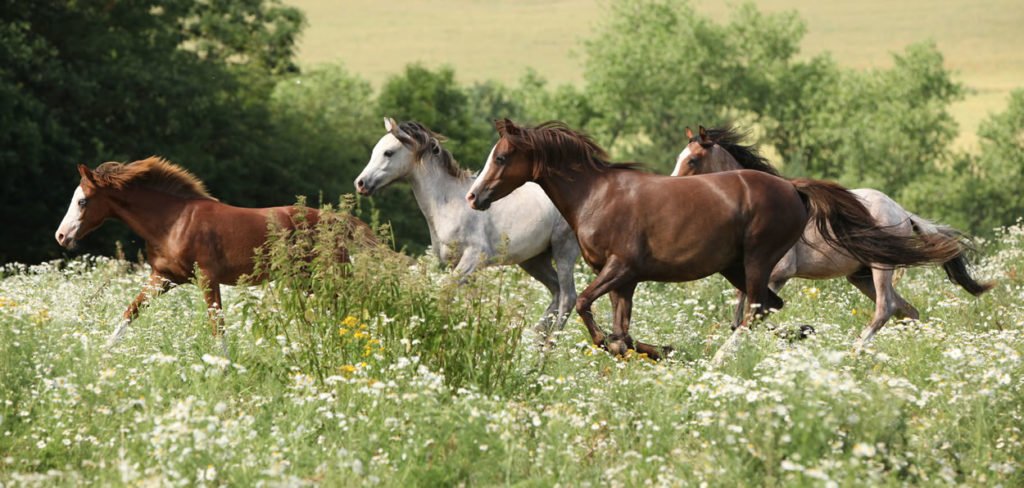
Some of the beliefs abouthorse coat colors
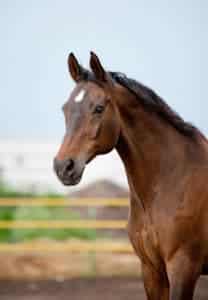
Bay horse coat color
First, let’s take a look at what some of those stereotypes are. Here are some typical examples:
- Blackhorses have solid black coats without any other markings. They are often regarded as more elegant and strong.
- White equinesare considered pure and gentle in some cultures.
- Bayshave reddish-brown bodies with black points (mane, tail, lower legs). They are known for their docile, calm temperaments.
- Chestnut or sorrelponies have reddish-brown coats without any black points. People sometimes picture them as fiery or energetic.
- Buckskinshave a yellow or gold coat with black points. People consider them steady and reliable.
- Palominossport golden coats with a white or light mane and tail. They are perceived to have a gentle, calm personality.
- Appaloosashave a distinctive spotted coat pattern, often with a white base and colored spots. They are known for their intelligence, strength and stamina.
However, these perceptions are often based on anecdotal evidence or cultural ideas rather than scientific facts. In truth, there is little scientific evidence thathorse coat colordirectly impacts a horse’s personality or behavior.
So what DOES influence behavior?

Chestnut horse coat color
Whilehorse coat coloringplays a minimal role in their personalities, there are less direct ways in which coat color is associated with performance and conduct.
- Genetic breeding.In fact, many horse behaviors are primarily shaped over generations by selective breeding for desired traits rather than for coat color. Of course, certain coat colors are more prevalent in specific breeds; thus the unscientific perception that color plays a role.
- Genetic disorders: In this same vein, some coat colors or patterns are linked to specific genetic disorders that can indirectly impact conduct. For example, white horses with the Lethal White Overo syndrome often suffer from lethal intestinal abnormalities and have a very short lifespan. In truth, gray horses are more prone to melanoma. And the Appaloosa’s spotting is associated with night/moon blindness (ERU or Equine Recurrent Uveitis) and increased risk for other recurring eye problems. Then, there’s the fact that if a horse is not feeling well or experiencing pain, we can sometimes construe it as “bad behavior.” One might considerhorse genetic testingif you’re purchasing a horse where any less-than-ideal manners may pose a danger (i.e., for a child).
- Training and socialization.Finally, awell-trained and socialized horse – no matter what color – is key in your partnership for a friendly, fun, useful and an excellent performer.On the other hand, an un-socialized or badly trained horse of any color is likely to exhibit behavioral issues.
Important note:
If your horse is exhibiting ’bad’ or unusual manners, get him thoroughly checked by a vet. It’s important to rule out any physical issues. Too often, gastric ulcers are to blame. What’s more, there are great treatment options but, consider, these take money and diligence on the part of the owner. Also, examine tack fit, training practices and consider consultation with a seasoned horse person who has an impeccable record.
Blasting away one unfair stereotype
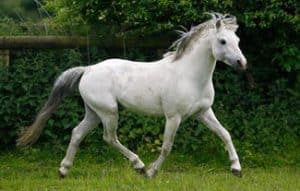
Grey/White equine coat color
There’s one stereotype in the equine world that is unfair and untrue: It’s simple that chestnut horses (especially mares) are “crazy” or “hot.”
Well, recent research has refuted that notion. Moreover, researchers found that chestnut horses are not more likely than bays to behave more skittishly or excitably.
But the study did suggest chestnuts were bolder than bays. Yet, they are more likely to approach objects and animals in their environment and that is a good quality.Butas a result of their boldness,chestnuts mightfind themselves in situations that are frightening or dangerous.
The answer…
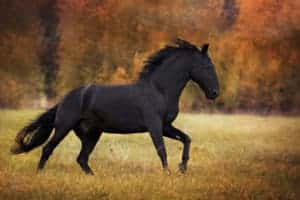
Black horse coat color
To conclude, there’s no scientific evidence thathorse coat coloringinfluences how a horse will perform or train..Yes, there are generalizations about breeds (which often have similar coat colors).Moreover,genetics may predispose a horse to certain physical traits or health conditions. But conduct is the result of many factors, as seen above.
As a horse owner, you know in your heart of hearts that two horses of the same breed and coat color are still distinct individual personalities.For that reason, they will most likely act completely differently due to their unique temperaments, training, environment and experiences.
And that individuality is why we love our horses so much!
Banixx horse blogs
If you liked this article, check out some of our other practicalhorse blogs! There are many well-researched topics that will pique your interest and helps you take better care of your horse. For instance, there’s one onStrangles, another onLyme disease, and many more. Take a look today!
And if yourhorse ever gets anyWounds,cuts.ScratchesorWhite line disease,Banixx Horse & Pet Care is just what you need.This antimicrobial and anti-fungal spray for horses provides sting-free relief for all equids suffering from any bacterial or fungal infection. This includes hoof diseases too! Its special pH formulation has no clinical odor or color so it won’t smell or stain your hands, horse, barn or trailer.Clickhereto find out where to buy it!
Sources:
https://thehorse.com/1125641/how-coat-color-and-genetics-influence-equine-behavior/#:~:text=%E2%80%9CThere%20appears%20to%20be%20anecdotal,friendly%20than%20other%20coat%20colors
https://www.quora.com/Do-horse-colors-affect-their-personality
https://www.veterinarypracticenews.com/study-horses-behavior-cant-be-determined-by-the-color-of-its-coat/
https://www.sciencedirect.com/science/article/abs/pii/S0168159115003081
https://practicalhorsemanmag.com/health/guide-to-equine-color-genetics-coat-color/
https://thehorse.com/1125641/how-coat-color-and-genetics-influence-equine-behavior/?utm_source=dlvr.it&utm_medium=twitter



